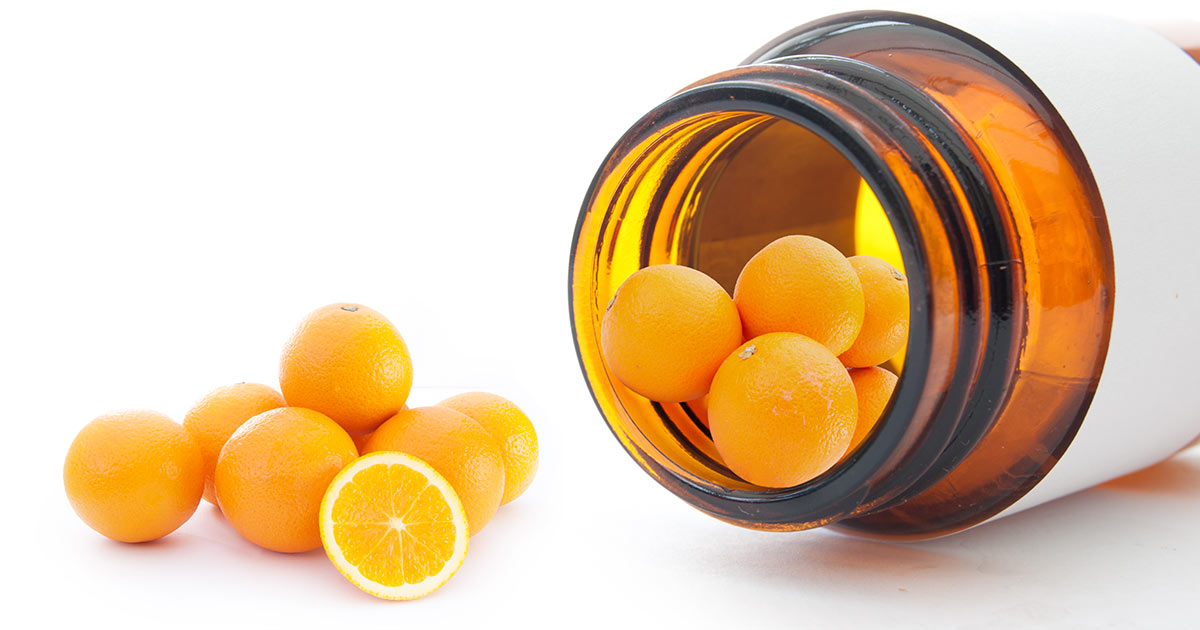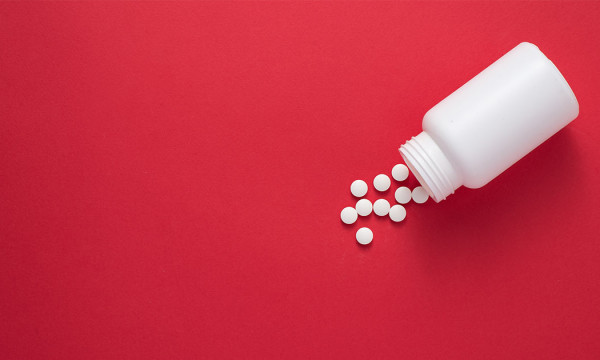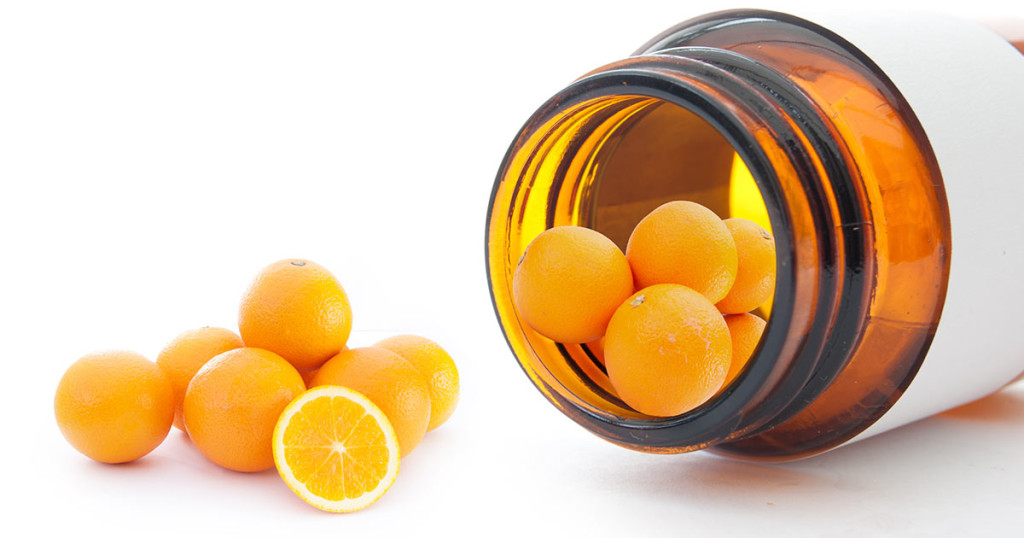
Aspirin and Vitamin C Together at Last
October 19, 2015
Aspirin side effects kill about a thousand people a year in the US. If aspirin were a new drug, it would have a tough time getting approved by the FDA and would only be available by prescription.
Taking any dose of aspirin on a regular basis can triple your risk of dangerous gastrointestinal bleeding, according to some studies.
The risk of this well-known aspirin side effect rises sharply when alcohol consumption is added.
Additional research indicates that if you're consuming just one serving of alcohol every day while taking aspirin on a regular basis, the risk of bleeding increases by another 250 percent. In other words, if you are one of the millions of Americans who have a glass of wine each day in the hope of improving your health, but are also taking aspirin, your risk of internal bleeding becomes seven times greater than if you didn't drink or take aspirin.
But surprising studies show that there are a few dietary supplements that can help protect the stomach from aspirin side effects. One of them is probably sitting on your shelf right now: vitamin C. This everyday vitamin acts as an antioxidant in the stomach to decrease aspirin-induced stomach damage.
There are many reasons people take aspirin. It relieves pain and fever, and daily doses of aspirin can decrease the risk of strokes, heart attacks, and several types of cancer. If you have already suffered a minor stroke or heart attack, the benefits of aspirin could outweigh the risks. This is called secondary prevention.
But if you're using aspirin to prevent your first heart attack or stroke, you wind up trading one problem for another that's just as deadly. Scientists at Cedars-Sinai Medical Center in Los Angeles have pointed out that the risk of death from aspirin actually cancels out its benefits for most people.
Using aspirin that is buffered or enteric coated has only a minor effect on the risk of bleeding. A common misconception is that the acidic nature of aspirin is what causes stomach damage. But aspirin is actually a very weak acid compared to the natural acids already produced in the stomach, which it uses to digest food.
In fact, aspirin side effects are caused by the way aspirin works in cells. It blocks the activity of an enzyme called cyclo-oxygenase (COX) that is involved in producing pain and inflammation. In the stomach, however, COX activity prevents damage. COX helps to protect the stomach lining from the damaging effects of the acid naturally produced there. So, in the case of aspirin, the good, how it reduces pain, and the bad, how it damages the stomach, are due to the same effect of the drug.
Aspirin also interferes with absorption of vitamin C, and regular use of aspirin can deplete your gastrointestinal lining of vitamin C. Taking equal doses of vitamin C and aspirin decreases the amount of stomach damage that occurs when compared to taking aspirin alone, according to research done at a German university.
Two other dietary supplements appear promising to prevent aspirin-induced stomach damage.
The first supplement is DGL, which stands for deglycyrrhizinated licorice. DGL is an extract of the popular herb licorice. It's one of the most helpful natural products for relieving the symptoms of gastritis, which is the technical name for stomach inflammation. In a research study, a dose of 350 milligrams of DGL was shown to decrease the amount of gastrointestinal bleeding induced by 3 adult-strength aspirin tablets (750 milligrams).
The second is called SAMe, which stands for S-adenosyl-methionine. SAMe is an amino acid naturally formed in your body. It's available as a dietary supplement and is mostly used for treating symptoms of depression, arthritis and fibromyalgia. A dose of 500 milligrams of SAMe given together with a large dose of aspirin (1300 milligrams) in a research study reduced the amount of stomach damage by 90 percent.
While no dietary supplement is guaranteed to prevent aspirin-induced gastrointestinal damage, it's good to know that these three could help with this major aspirin side effect.
If you are taking aspirin, ask your doctor whether vitamin C, DGL, or SAMe might be helpful to take along with it.
This article originally appeared on The Huffington Post, June 13, 2010.








